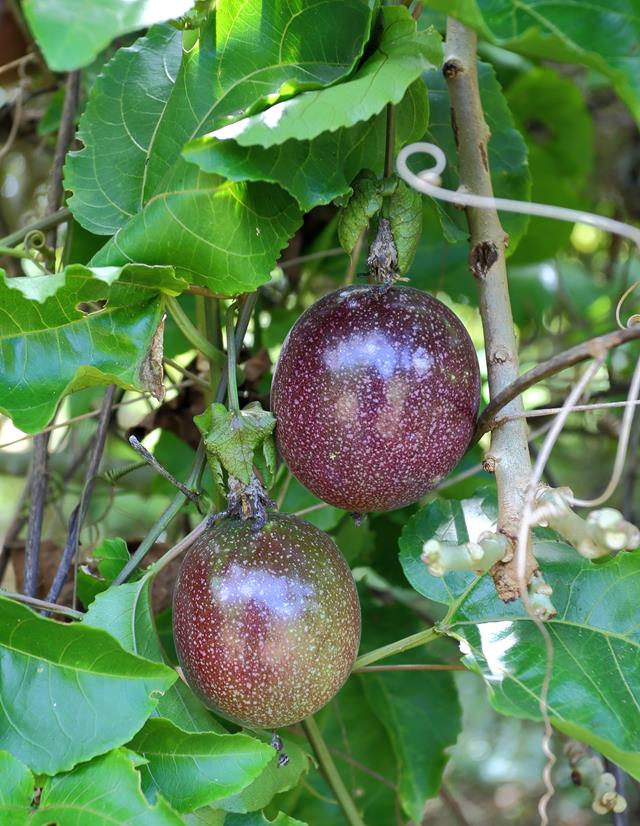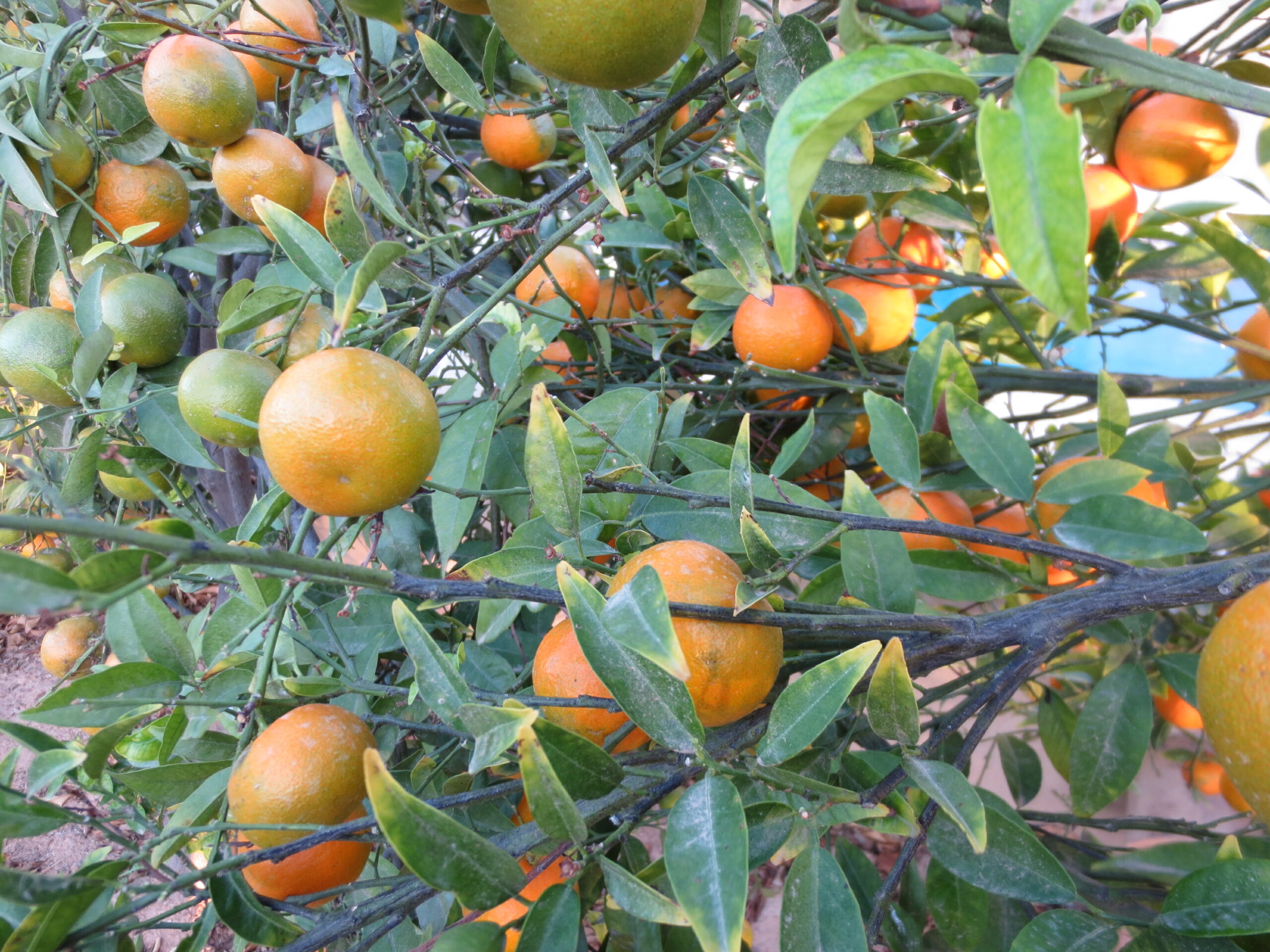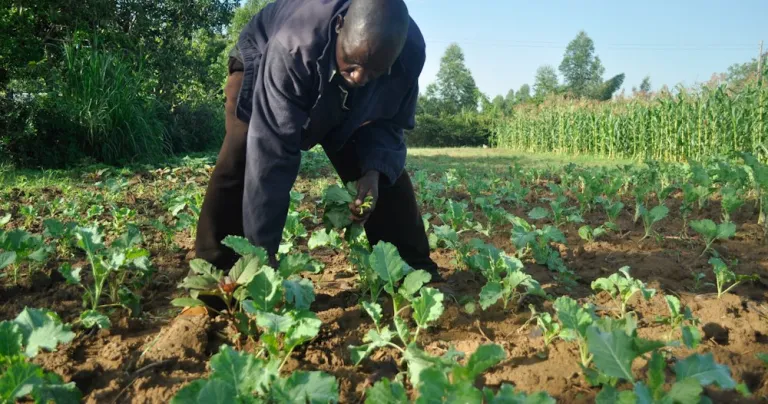- Passion fruit Woodiness Virus
Passion fruit woodiness virus may affect stressed plants.
Distorted growth, such as crinkled, yellow leaves and woody fruit are a sign of woodiness virus.
There is no control but vines may recover once they’re fertilized and watered. If plants are more than a few years old, plant new vines.
- Fruits Are Bumpy or Malformed
Passion fruit woodiness virus could be the culprit, especially if leaves are yellow and mottled.
It could also happen because of Boron deficiency or Insect damage particularly fruit fly.
In the case of passion fruit woodiness virus, the fruits appears deformed, hard and bumpy. Once you notice these symptoms in your orchard, it’s better to get rid of the affected plants and spray against aphids that transmit the virus.
Mostly caused by Brown Spot (Altanaria passiflora) but can also be caused by Septoria spot.
Brown spot is a serious fungous disease, which affects leaves, stems and fruit. The notable symptoms on leaves include, small brown spots appear first.
These enlarge, develop a lighter-colored central area, and become irregular or angular in shape.
On stems, elongated dark-brown lesions appear, usually near leaf axils or where stems have rubbed against the supporting wire.
Infection spreads from these points and whenever the stem becomes completely girdled the shoot suddenly wilts and fruits collapse.
On fruit, spots first appear as pinpricks, which enlarge into sunken circular lesions with brownish centers. Eventually the rind round the diseased area becomes wrinkled and the fruits shrivel and drop.

- Passion fruit vine produces fruit but there is no juice just soft seeds inside.
There are several reasons why the passion fruits may lack the necessary juice. In this case, it might be that the vine may not have received enough water or nutrients during the growing period.
Passion fruits are very hungry and thirsty so regular feeding and regular watering to keep the soil moist is key. Failure to provide these basic requirements could lead to fruit formation that lack juice content.
Similarly, most passion fruit vines start producing meaningful fruits from their second year especially under relatively colder conditions.
Therefore, getting the fruit quite early may also have an effect on the form as well.
- Root Knot Nematode
One of the issues affecting passion flower vines is that the sweet tasting, purple fruited subspecies is highly susceptible to the root knot nematode. Root knot nematode causes a severe thickening of the roots and even death. Fortunately, the more acidic, yellow fruited subspecies is resistant to nematodes and can be used for root stock and disease resistant hybridization.





